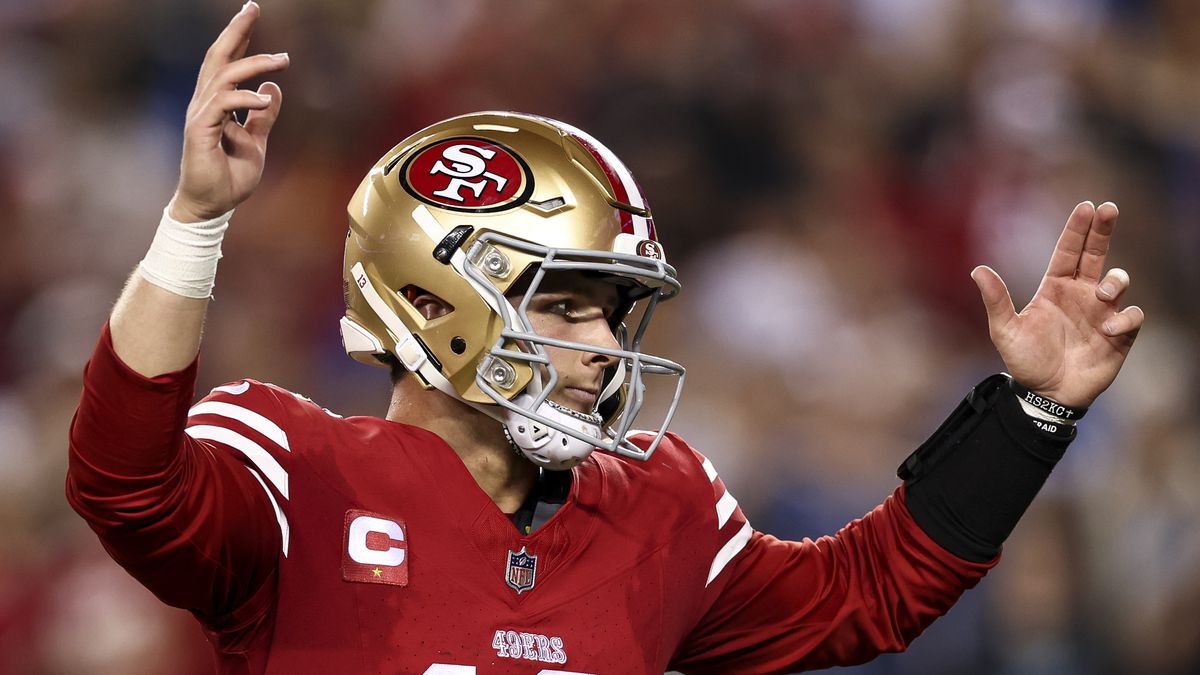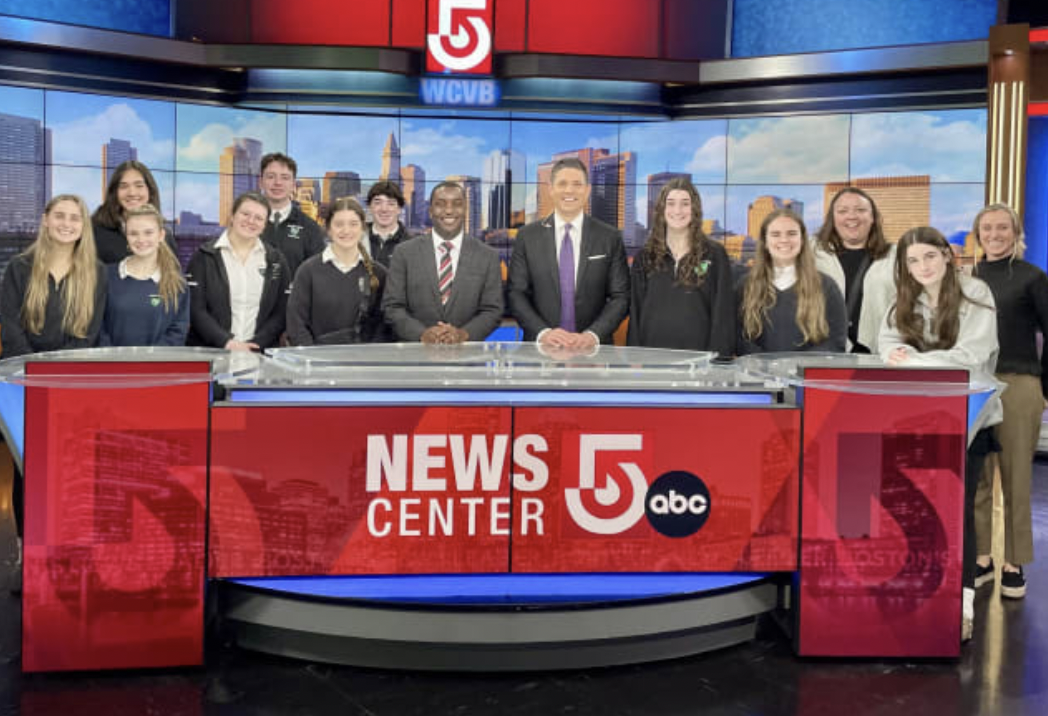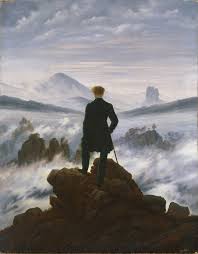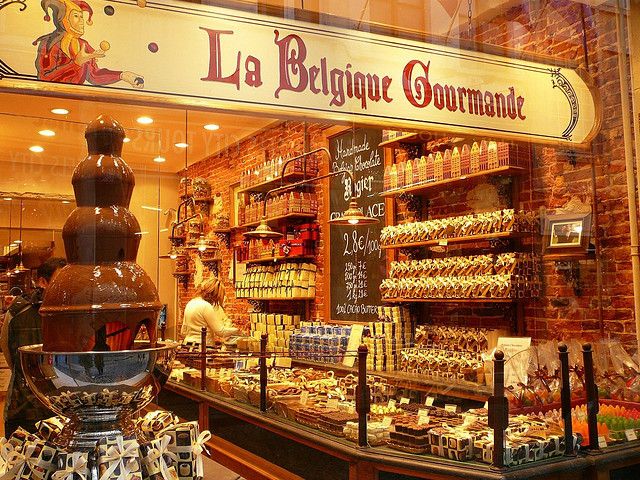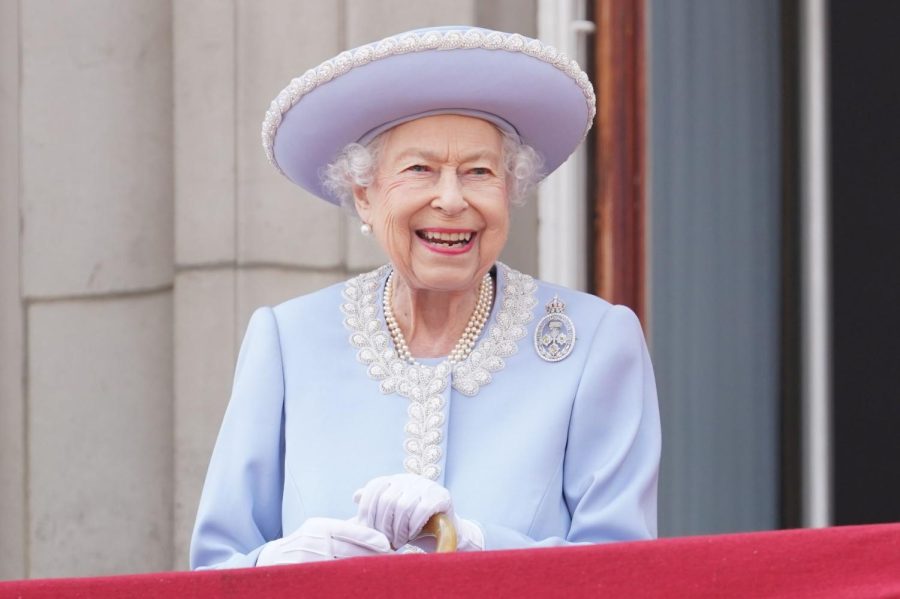The Legacy Queen Elizabeth Left on the British Monarchy
October 4, 2022
After taking over the throne when she was just 25, the Queen was given the impossible task of maintaining an institution far behind the times. Though she had little political influence, she still served an important role as the traditional figurehead of the monarchy. But as the years passed and more people became critical of the British monarchy, the Queen was faced with the challenging task of maintaining the tradition of the monarchy while also keeping it appealing to the new generation.
The longer she ruled, Queen Elizabeth became much more than just a figurehead, she became a celebrity. In the era of modern mass media, tabloid culture turned a once untouchable monarchy into something broadcast worldwide. For the first time, the public had access to the royal family whenever they wanted. A camera was everywhere they went, every last embarrassing and shameful moment was open to the public for the rest of their lives. The royal family was no longer these untouchable objects, they were real people. This resulted in the phenomenon of the public believing that the monarchy has more influence than they actually do. On one hand, this was useful to the Queen in the social sense of the monarchy, she was able to shift the “brand” in order to keep support for the monarchy alive and well. However as time went on more people criticized the monarchy, questioning what purpose it served in an era where they have about as much power as celebrities. Queen Elizabeth took this opportunity to advertise the monarchy while still maintaining a degree of mystery and ceremonial distance. The royals were still untouchable, just not in the same traditional sense that they used to be. In the late 1960s, Queen Elizabeth agreed to allow cameras in the palaces to record a fly-on-the-wall type documentary about the royal family. This was a brilliant move on her part because unlike modern celebrities the royal family did not necessarily have to showcase drama or rely on viewers. The fact that they were real-life Queens and Princesses was enough to draw in viewers, meaning that more people would see a sanitized and manufactured version of the royal family’s life, unlike that showcased in the tabloids.
Though the Queen had little political power, she has and still does have a tremendous amount of symbolic power. Her memory will live beyond this generation as she embodied a sense of comfort and security during times that are constantly changing. Some wonder whether or not King Charles will be able to take on this same role and if he will be able to bridge the divide between the monarchy and modern culture as Queen Elizabeth did. Many scholars argue that if the King is unable to follow in the footsteps of his mother, the monarchy will have few supporters left. There is no doubt that the stability of the monarchy will dwindle with the death of Queen Elizabeth, the question is whether or not it will fall.











